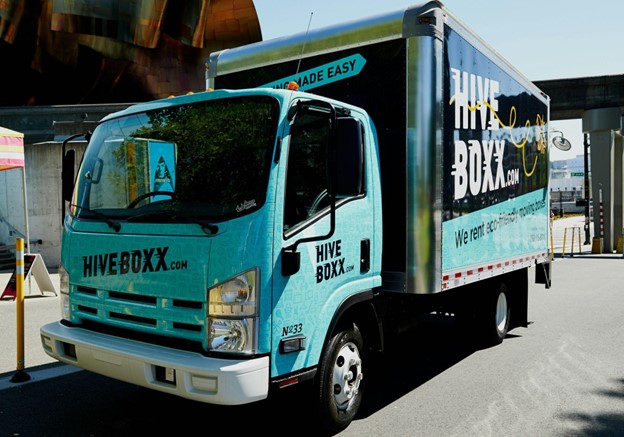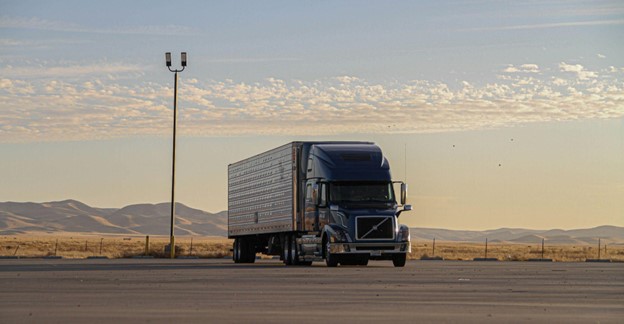
7 Considerations For Owning Delivery Trucks
Owning delivery trucks can be a lucrative venture for businesses across various industries, from retail to food services. However, it’s crucial to thoroughly assess several factors before making such an investment. This article explores key considerations for owning delivery trucks, including cost analysis, maintenance, legal requirements, insurance, driver management, and environmental impact.
Cost Analysis
One of the first and foremost considerations is the cost of purchasing and operating delivery trucks. The initial purchase price can be significant, especially for new vehicles. However, businesses can opt for used trucks, which are cheaper but may require more maintenance. Leasing is another option that provides flexibility and lower upfront costs.
Beyond the purchase price, operational costs include fuel, regular maintenance, repairs, and potential downtime. Fuel efficiency varies among different truck models, so selecting a fuel-efficient vehicle can save considerable costs in the long run. Additionally, understanding the total cost of ownership (TCO), which includes depreciation, insurance, and other ancillary expenses, is essential for making an informed decision.
Maintenance
Regular maintenance is crucial to ensure the longevity and reliability of delivery trucks. This includes routine checks on tires, brakes, engine oil, and other essential components. A well-maintained truck not only operates more efficiently but also minimizes the risk of breakdowns, which can lead to costly delays and repairs.
It’s advisable to establish a maintenance schedule and keep detailed records of all services performed. This practice not only helps in budgeting for future expenses but also provides proof of maintenance, which can be beneficial if you decide to sell the truck in the future.
Legal Requirements
Compliance with legal requirements is another critical aspect of owning delivery trucks. This includes obtaining the necessary permits and licenses, adhering to weight limits, and ensuring that vehicles meet safety and environmental standards. Regulations can vary significantly by region, so it’s important to stay informed about local laws.
Moreover, drivers must have the appropriate licenses and endorsements to operate delivery trucks. Businesses should provide regular training to ensure drivers are aware of and comply with traffic laws and safety regulations.
Insurance
Insurance is a vital component of operating delivery trucks. The type and amount of insurance required can depend on the size of the fleet, the value of the cargo, and the geographic area of operation. Common types of insurance include liability, collision, and comprehensive coverage, as well as cargo insurance.
Liability insurance protects against damages caused to other people or property, while collision and comprehensive coverage protect the vehicle itself. Cargo insurance covers the goods being transported, which is particularly important for high-value items.
Driver Management
Effective driver management is crucial for the smooth operation of delivery trucks. This involves hiring qualified drivers, providing ongoing training, and ensuring compliance with regulations. Drivers are the face of the company, and their performance directly impacts customer satisfaction and the business’s reputation.
Implementing a robust driver training program can help improve safety and efficiency. Training should cover defensive driving techniques, proper loading and unloading procedures, and customer service skills. Additionally, using telematics and GPS tracking systems can help monitor driver behavior, optimize routes, and reduce fuel consumption. Remember to look into gas cards for fleets.
Environmental Impact
In today’s business landscape, environmental considerations are becoming increasingly important. Delivery trucks contribute to carbon emissions, so it’s essential to explore ways to minimize their environmental impact. This can include investing in fuel-efficient or electric vehicles, adopting eco-friendly driving practices, and maintaining vehicles in good condition to ensure optimal performance.
Many companies are now setting sustainability goals and incorporating green practices into their operations. For instance, using route optimization software can reduce mileage and fuel consumption, while regular maintenance can ensure that trucks run efficiently and produce fewer emissions.
Technological Advancements
Leveraging technology can significantly enhance the efficiency and effectiveness of delivery operations. GPS and route optimization software can help reduce fuel consumption and improve delivery times. Telematics systems provide real-time data on vehicle performance and driver behavior, enabling proactive maintenance and safety measures.
Moreover, advancements in electric and autonomous vehicles are reshaping the delivery industry. While electric trucks can reduce fuel costs and emissions, autonomous vehicles hold the potential to revolutionize delivery operations by reducing labor costs and improving efficiency. However, these technologies come with their own set of challenges and costs, and businesses should carefully evaluate their feasibility and benefits.
In Closing
Owning delivery trucks offers numerous benefits but also comes with significant responsibilities and considerations. A thorough cost analysis, regular maintenance, compliance with legal requirements, adequate insurance, effective driver management, and a focus on environmental impact are all crucial aspects that need careful attention. By addressing these factors, businesses can ensure efficient and sustainable delivery operations, ultimately leading to improved customer satisfaction and profitability.










This is great advice, thank you so much for sharing! This was such an informative post to read.
Thank you for sharing